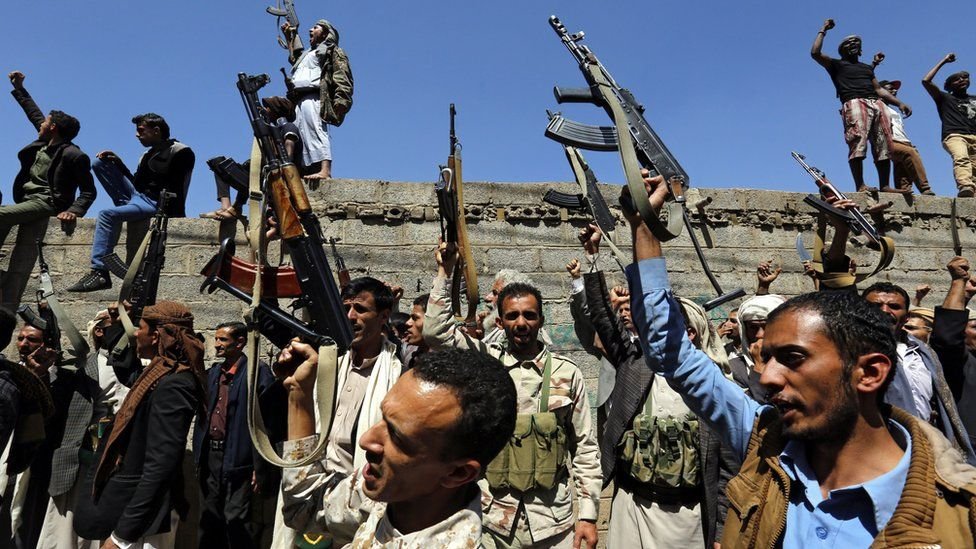According to the United Nations, the ceasefire between the Yemeni government and the Houthi rebels in the country has been extended by two months.
The first two-month ceasefire since 2016 began on April 2 and was scheduled to expire on Thursday. Nevertheless, after several days of negotiations, Yemen’s UN Special Rapporteur Hans Grundberg announced that the parties to the conflict had agreed to an extension.
“I would like to announce that the parties to the conflict have agreed to the United Nations’ proposal to renew the current truce in Yemen for two additional months,” said Grundberg.
Grundberg added that the ceasefire extension would take effect “when the current ceasefire expires, today, June 2, 2022, at 19:00 Jemeni time (1600 GMT).”
It is unclear why the factions during the war were finally convinced to agree to a last-minute extension of the ceasefire.
Although the conditions for the ceasefire have not been fully enforced (for example, the road leading to the city of Tyze, which is primarily owned by the government, remains closed by the Iranian Houthi), there were some important breakthroughs.
As part of a ceasefire agreement that came into force on April 2, the parties to the conflict suspended all military operations within and across Yemen and made two commercial flights a week from Houthi-controlled Sana’a to Jordan and Egypt. Agreed to operate and permit 18 fuel vessels to the port of Hudaydah under the control of Hudaydah and open roads in Tides and other provinces.
According to the NRC, the number of civilians killed in Yemen fell by more than 50 percent in the first month of the ceasefire.
Another major achievement of the ceasefire was the resumption of commercial flights from Sana’a Airport on April 16 for the first time in six years. The combined blockade of Saudi Arabia banned the use of the airport for commercial flights.
Yemen has been at war since the Houthis ruled Sana’a in 2014. The Saudi-led coalition has militarily intervened with the government in 2015, and although it has been suspended since the ceasefire began, it continues to bomb nationwide.
According to the United Nations, the war caused the worst humanitarian catastrophe in the world. US President Joe Biden praised the continuation of the ceasefire.
“The last two months in Yemen have been one of the most peaceful times since this horrific war began seven years ago,” he said in a statement. “Thousands of lives have been saved by the retreat of the battle … it is important that we work from here to make them permanent.”
